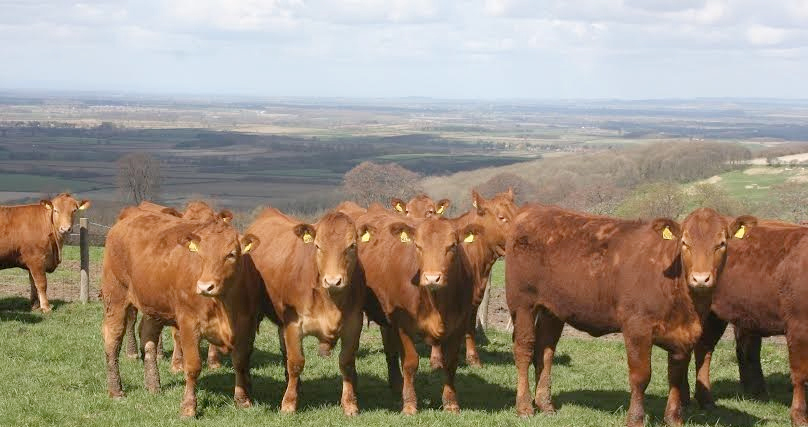
Farmers who give their cattle antibiotics could be boosting greenhouse gas emissions, research suggests.
Scientists looked at the effects of a 3-day treatment using antibiotics on livestock, they discovered the amount of methane in cattle manure increased.
The researchers say it’s proof that antibiotic use on farms has unintended effects on the environment.
Antibiotics are used 'extensively' in commercial farming, the researchers said in their journal for the Royal Society.
"Yet they may have major consequences for human and environmental health.
"Antibiotics have been shown to alter the structure and activity of mammalian gut and fecal microbiota."
Tobin Hammer of the University of Colorado in Boulder said they were surprised to find such a big increase in methane emissions in dung.
The researchers said that antibiotics may change microbial activity within the cow gut. It may also be increasing methane emissions from belching, already known to be much higher than from dung.
"Antibiotics may affect the microbiota of non-target animals that rely on dung, such as dung beetles, and the ecosystem services they provide," the report said.
"To examine these interactions, we treated cattle with a commonly used broad-spectrum antibiotic and assessed downstream effects on microbiota in dung and dung beetles, greenhouse gas fluxes from dung, and beetle size, survival and reproduction.
"We found that antibiotic treatment restructured microbiota in dung beetles, which harboured a microbial community distinct from those in the dung they were consuming.
"The antibiotic effect on beetle microbiota was not associated with smaller size or lower numbers.
"Unexpectedly, antibiotic treatment raised methane fluxes from dung, possibly by altering the interactions between methanogenic archaea and bacteria in rumen and dung environments.
"Our findings that antibiotics restructure dung beetle microbiota and modify greenhouse gas emissions from dung indicate that antibiotic treatment may have unintended, cascading ecological effects that extend beyond the target animal."
